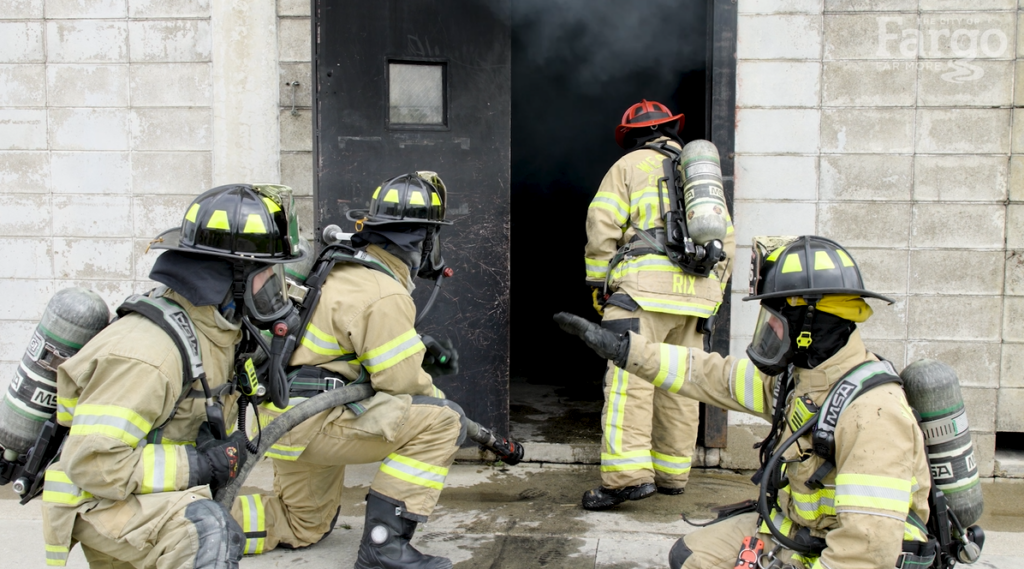Stress of the Job: How Local Firefighters Focus on Mental Health

FARGO, N.D./MOORHEAD, Minn. (KVRR) — Approximately 20 percent of both firefighters and paramedics develop post-traumatic stress during their careers. It’s a number larger than the general population risk of 6.8 percent.
“We are a family, so we spend so much time together, you get to know each other and everybody’s families really well. But it is very tough to understand how each of these runs that we’re going on affects everybody,” said Matt Brand, Battalion Chief of the Moorhead Fire Department.
Brand has been working as a firefighter for over twenty years. He says he chose the job because he wants to help people. But an issue that he and many others have faced is helping each other.
“The hurdle we’re trying to get over is it’s okay to say I’m struggling. And some of these incidents and accidents really affect you. Maybe not that day, but much later in your career, and the hurdle we’re trying to jump over is telling people that work here, it’s okay to seek out help,” said Brand.
In Moorhead, firefighters are not required to receive any type of mental wellness check or seek treatment. But on the other side of the Red River in Fargo, firefighters are required to receive an annual check-in.
“For the Fargo Fire Department, when we have those regular mandatory check-ins, it’s not, oh, this person had to go check in, so it reduces some of the stigma. It’s oh, I’m just going to my annual check-in. So it’s not a sign of weakness, it’s just a sign of checking in,” said Justin Phillippi, Fargo Firefighter for Station 7.
At Station 7, the team also relies on each other to support one another through peer support.
“We spend a third of our life at the fire station with our coworkers, and so when we think about our social support networks, the people who really understand the things that we’re going through often times are our fellow coworkers and the fire station,” said Phillippi.






